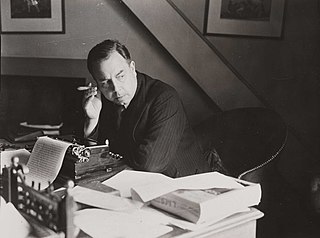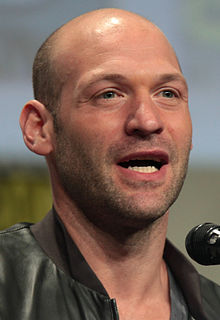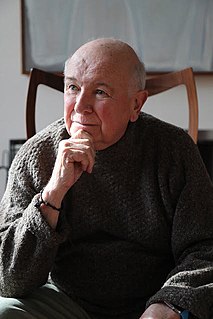A Quote by Anton Chekhov
The critics suppose that it is easy to write a play. They aren't aware that writing a good play is difficult and writing a bad one is twice as hard.
Related Quotes
I find it's very confusing when one critic tells you one thing and one tells you something completely different. Unless all the critics agree on parts of the play that just didn't work. I have stopped reading reviews, because I find writing is all about courage. You must have courage when you start writing a play and you cannot have the voice - you must write things out. You cannot have the voice of a critic telling you, "That didn't work in that play, you cannot make it work in another play." Every time you do a production, it's an experimentation.
The secret to writing is just to write. Write every day. Never stop writing. Write on every surface you see; write on people on the street. When the cops come to arrest you, write on the cops. Write on the police car. Write on the judge. I'm in jail forever now, and the prison cell walls are completely covered with my writing, and I keep writing on the writing I wrote. That's my method.
Work with good directors. Without them your play is doomed. At the time of my first play, I thought a good director was someone who liked my play. I was rudely awakened from that fantasy when he directed it as if he loathed it. . . . Work with good actors. A good actor hears the way you (and no one else) write. A good actor makes rewrites easy. A good actor tells you things about your play you didn't know.
For some reason there's this myth that creativity - [especially] in terms of creative writing - is a gift you either have, or you don't. So when people first start writing, if they write something that's not very good, or if they try and it's difficult, they go, "Oh, I guess I don't have it." That doesn't seem very fair, you have to try and you have to work at it. If we get scared of one bad poem and quit, that's not doing anybody any good.

































